In today’s digital age, data security is no longer optional—it’s a necessity. Organizations across industries face increasing threats to information assets, making compliance with international standards essential. One of the most recognized frameworks is ISO 27001, the global standard for Information Security Management Systems (ISMS). Professionals who want to specialize in auditing these systems can pursue the ISO 27001 Lead Auditor Certification, a credential that opens doors to career advancement and global recognition.
What is ISO 27001 Lead Auditor Certification?
The ISO 27001 Lead Auditor Certification validates your ability to assess, evaluate, and improve information security practices within organizations. It demonstrates that you can lead audits against ISO 27001 standards, ensuring businesses meet compliance requirements and safeguard sensitive information. Certified professionals are equipped not only to audit internal systems but also to conduct third-party certification audits for clients.
Why Pursue ISO 27001 Certification?
Earning this credential provides numerous benefits, including:
Career Growth: With cyber threats on the rise, the demand for certified ISO 27001 Lead Auditors is higher than ever.
Global Recognition: The certification is internationally recognized, offering career opportunities across multiple industries.
Practical Expertise: You gain hands-on knowledge of ISMS implementation, compliance, and audit techniques.
Organizational Value: Certified auditors help companies reduce risks, achieve compliance, and build trust with stakeholders.
ISO 27001 Training and Course Structure
To achieve this certification, professionals typically enroll in an ISO 27001 Training program. These structured learning paths provide theoretical and practical knowledge of ISMS auditing. A typical ISO 27001 Course covers:
Introduction to ISO 27001 standards and ISMS framework
Principles of auditing and compliance
Risk management and control measures
Planning and conducting ISO 27001 audits
Reporting and follow-up actions
The training includes interactive sessions, case studies, and mock audits to help learners gain real-world skills. Many training providers also offer exam preparation materials, ensuring participants are fully equipped to pass the certification exam.
Who Should Take the ISO 27001 Course?
The ISO 27001 Lead Auditor Course is ideal for:
Information security managers and consultants
IT and compliance professionals
Internal auditors
Professionals seeking to become third-party or certification body auditors
Conclusion
The ISO 27001 Lead Auditor Certification is more than just a professional credential; it’s a commitment to ensuring data security and compliance at the highest level. By enrolling in an ISO 27001 Training program and completing the ISO 27001 Course, professionals can position themselves as trusted experts in information security. With cyber risks continually evolving, certified lead auditors play a crucial role in helping organizations stay secure and resilient.


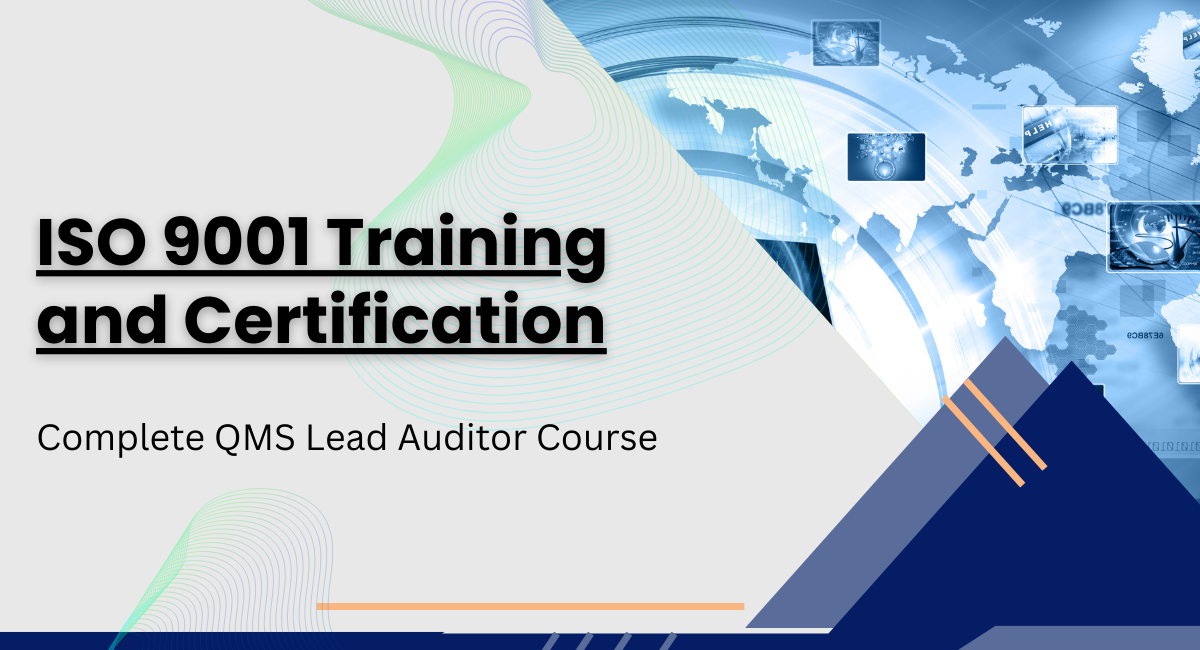
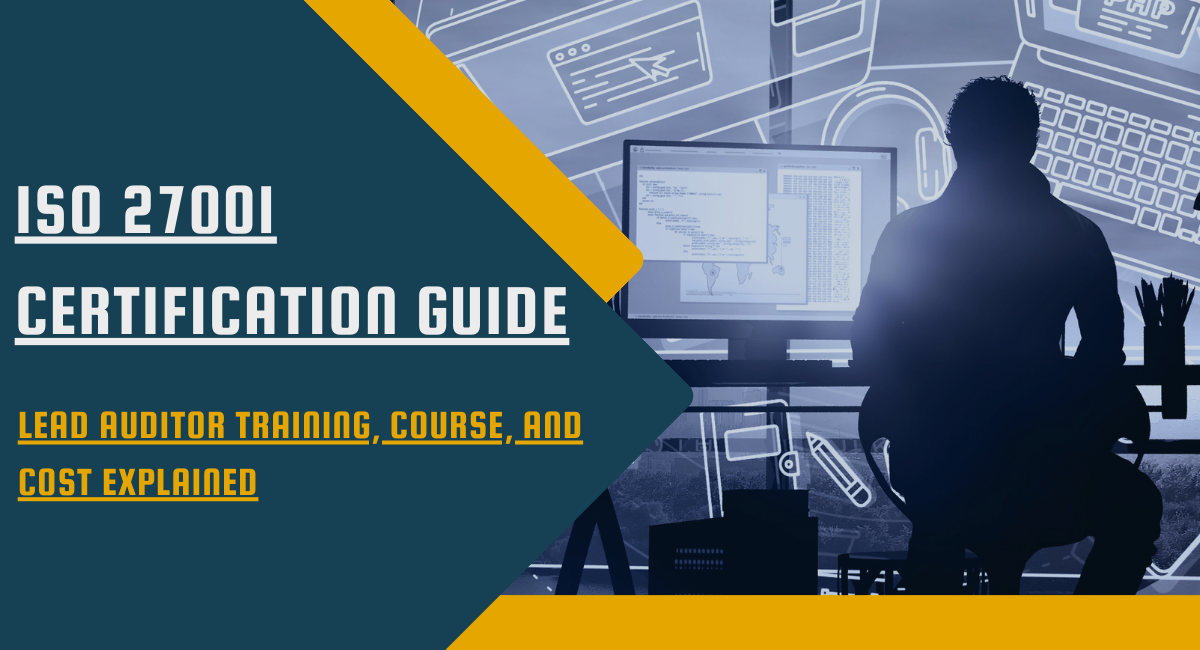

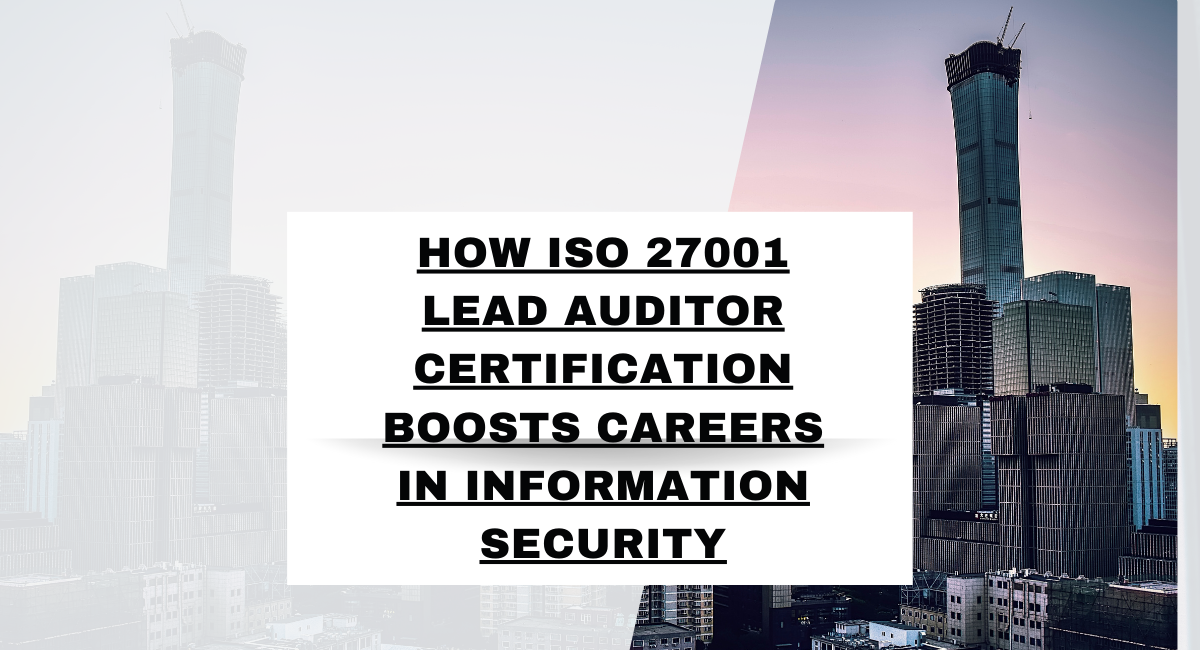


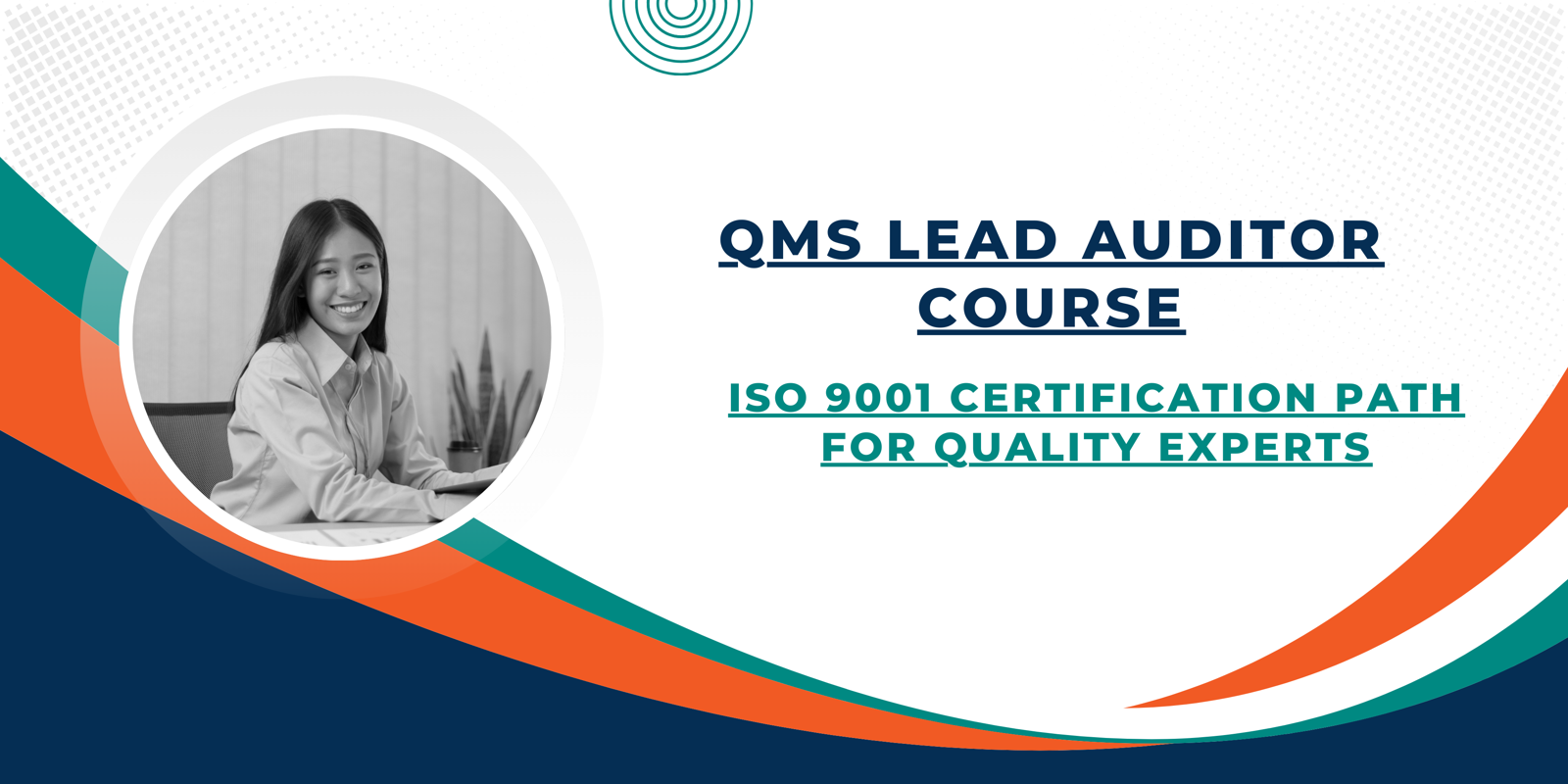

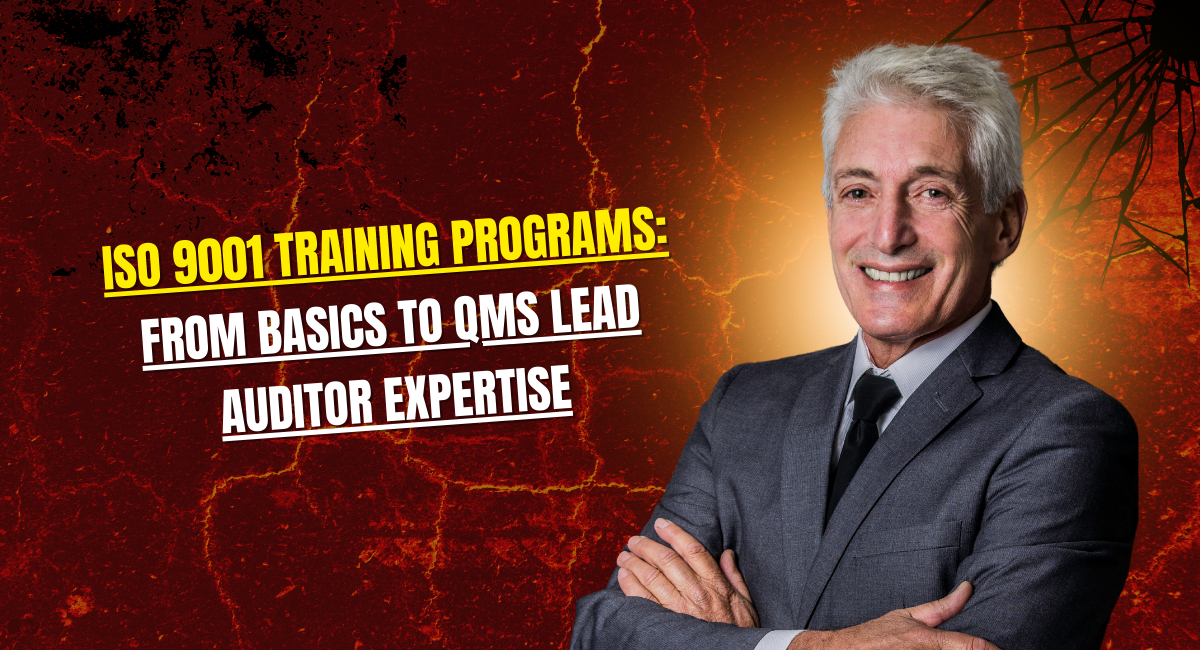

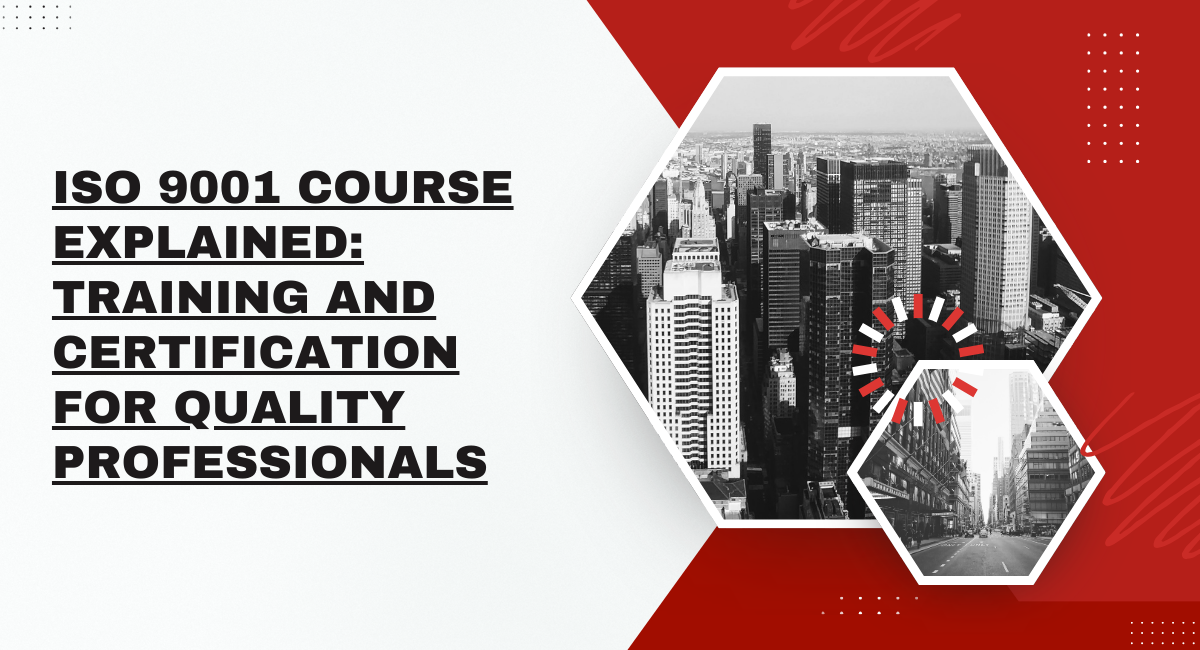


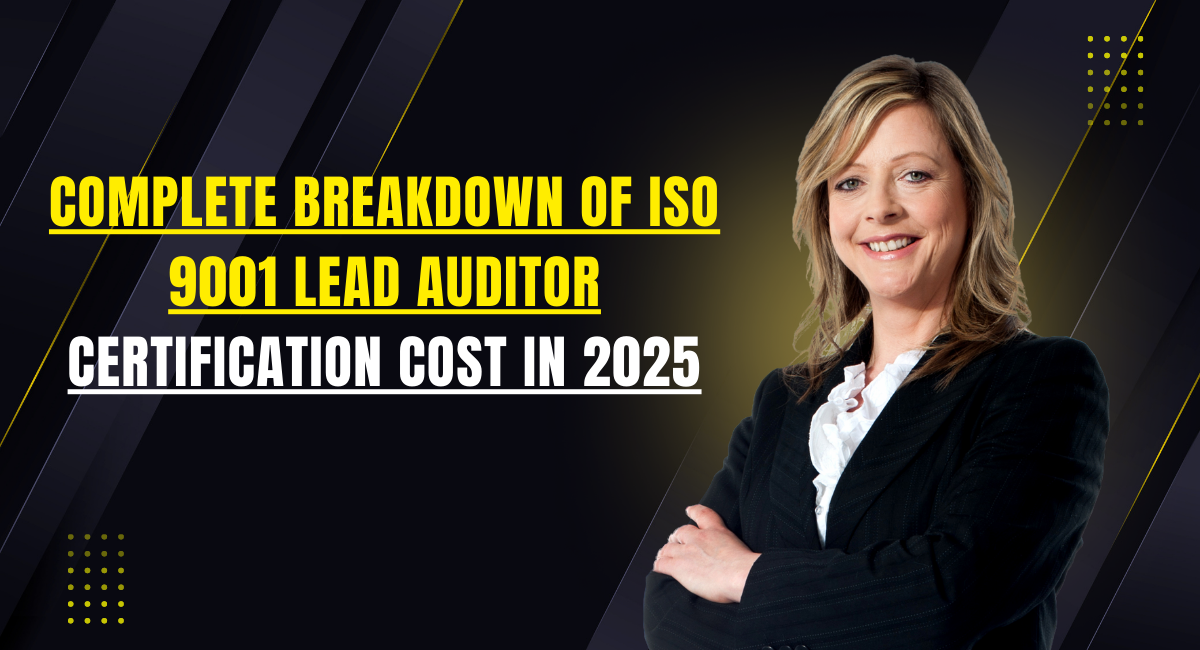




Write a comment ...